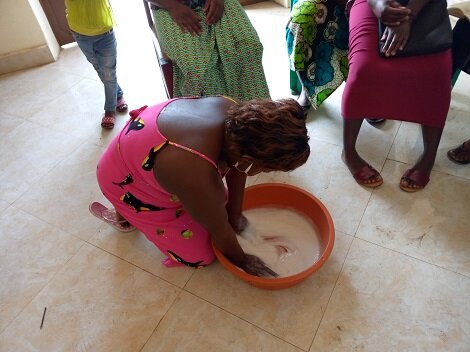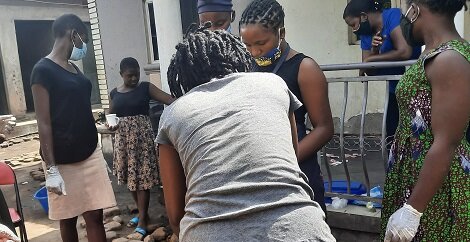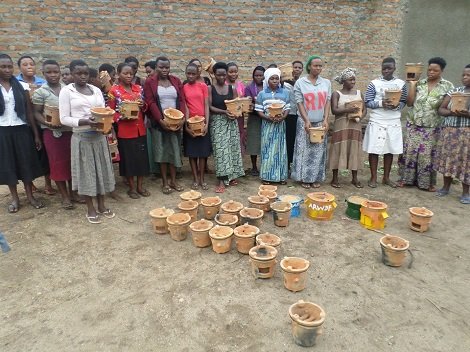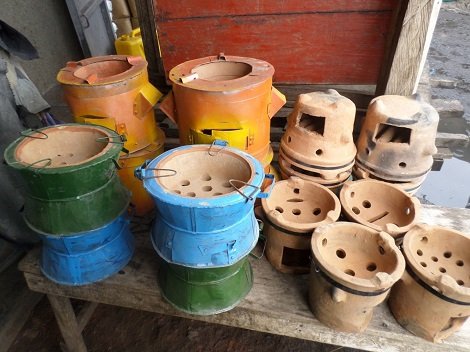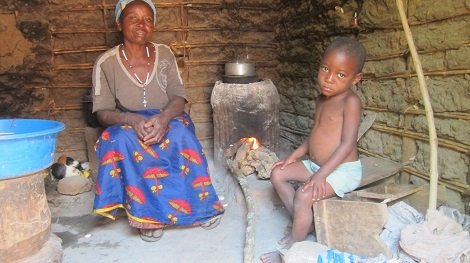Action for Rural Women Development Foundation, Uganda
SHARE Sponsored Programs:
2023:
In 2023, The SHARE Institute funded Action for Rural Women’s Development Foundation (ARWDF) in Uganda to train 2 groups of 30 disabled women (60 total) and girls with hair styling and sewing skills and how to operate hair salons.
2022:
In 2022, The SHARE Institute funded Action for Rural Women’s Development (ARWDF) in Uganda to train 30 women to make local stoves and sell them at affordable prices. These stoves are inexpensive, cook fast, and use less firewood and charcoal. It’s a win-win situation for women to both save money and help the environment.
2017:
Action for Rural Women's Development Foundation, with funding from the SHARE Institute and local benificiaries, has trained thirty women on how to make and sell briquettes from waste material. In addition to providing an income source to women and their families, it also has the added benefit of preventing deforestation and pollution that arises from the production and use of charcoal. Each women returns a portion of the original investment so that the project could be expanded.
2021:
In 2021, The SHARE Institute funded Action for Rural Women’s Development (ARWDF) in Uganda to teach liquid soap-making and business management to 80 women so that they can sell their products and improve their incomes.
As of now 40 women have completed the training and have been given a grant to start their own businesses. 40 more women will start soon.
The reason for splitting the group of beneficiaries is to follow COVID safety measures. The project was even stalled at one point due to a lockdown as a result of high COVID rates.
One of the beneficiaries was abandoned by her husband after she tested positive for HIV, making her the sole provider for two children. Her parents died when she was a teenager, so she has no familial support. Completing her training in this project will enable her to have her own business, and pay for food, transportation and medical care for her children.
A second beneficiary became the sole provider for her children after her husband died of HIV in 2020. She is a farmer who practices subsistence farming, but flooding in February 2021 wiped out her crops so she cold not make any money. As a result of completing her training in the project, she is able to buy food for her children and pay rent. In the future, she hopes to purchase a plot of land and build her own house so she will no longer have to pay rent.

